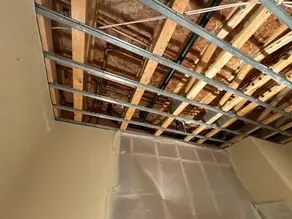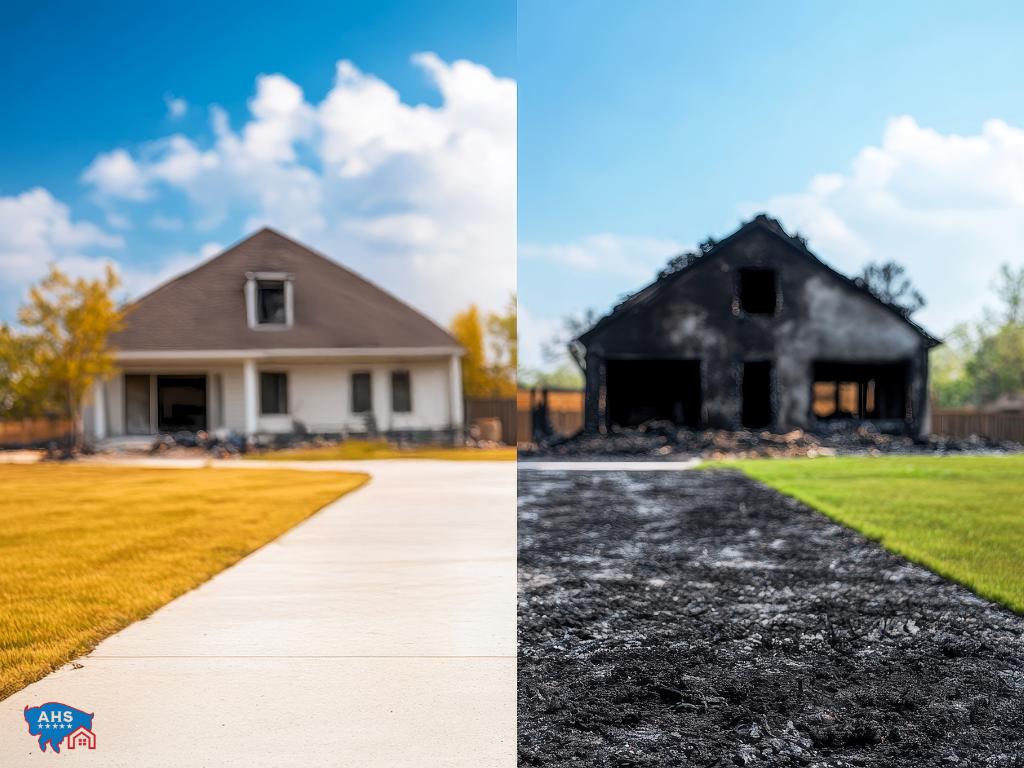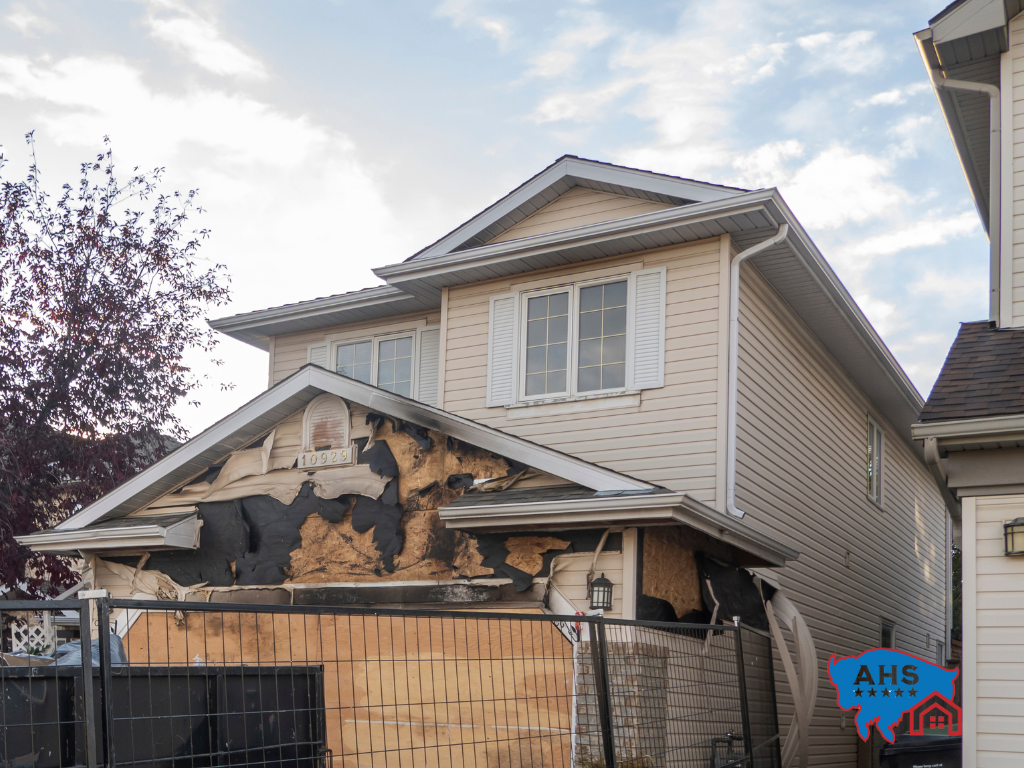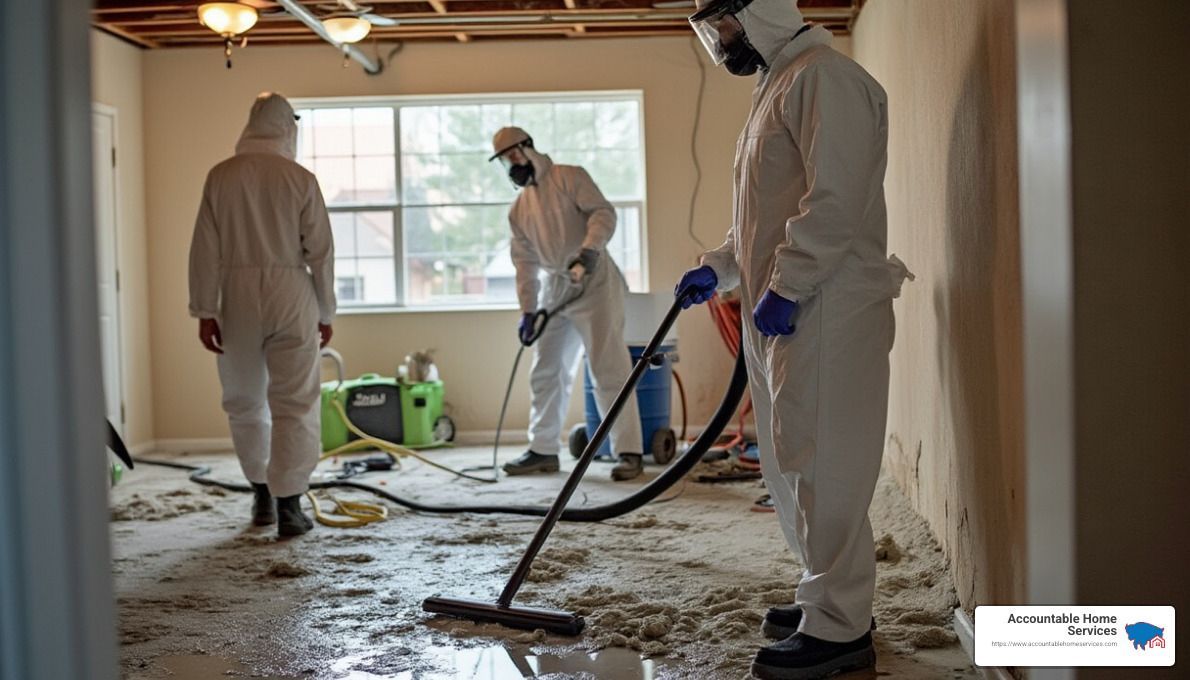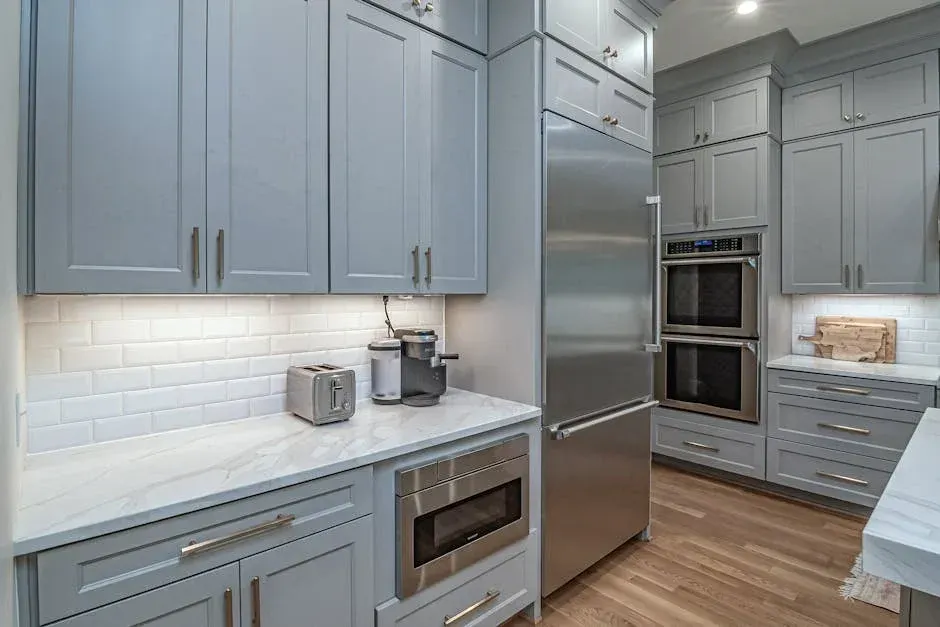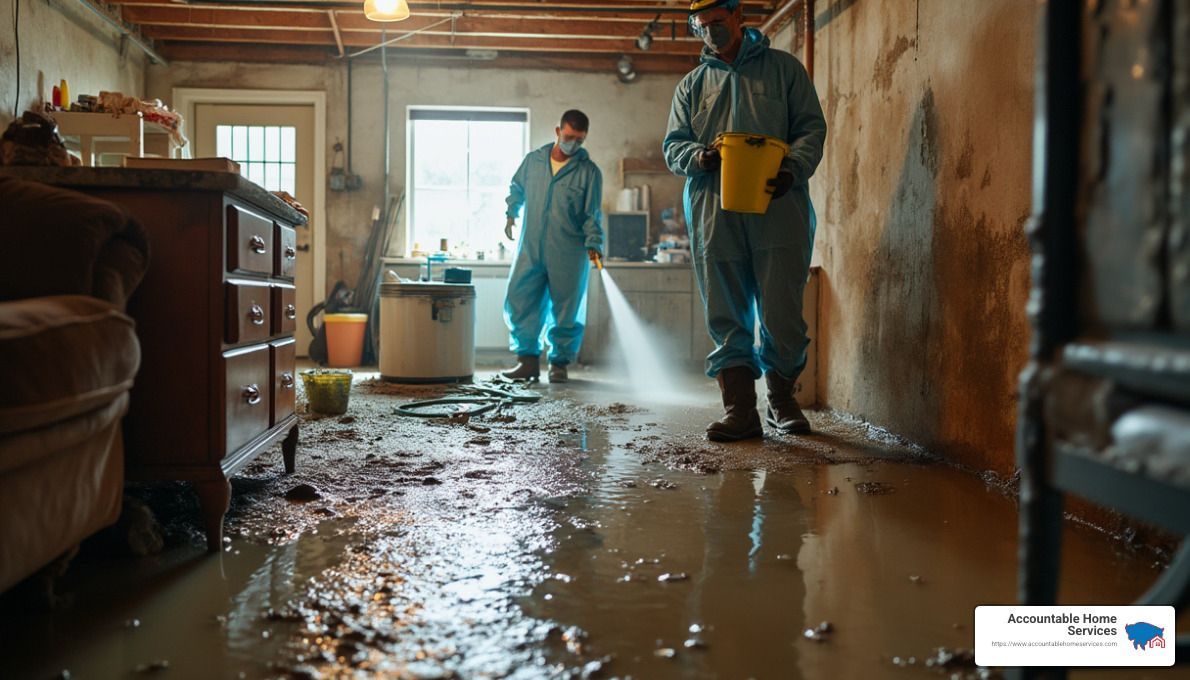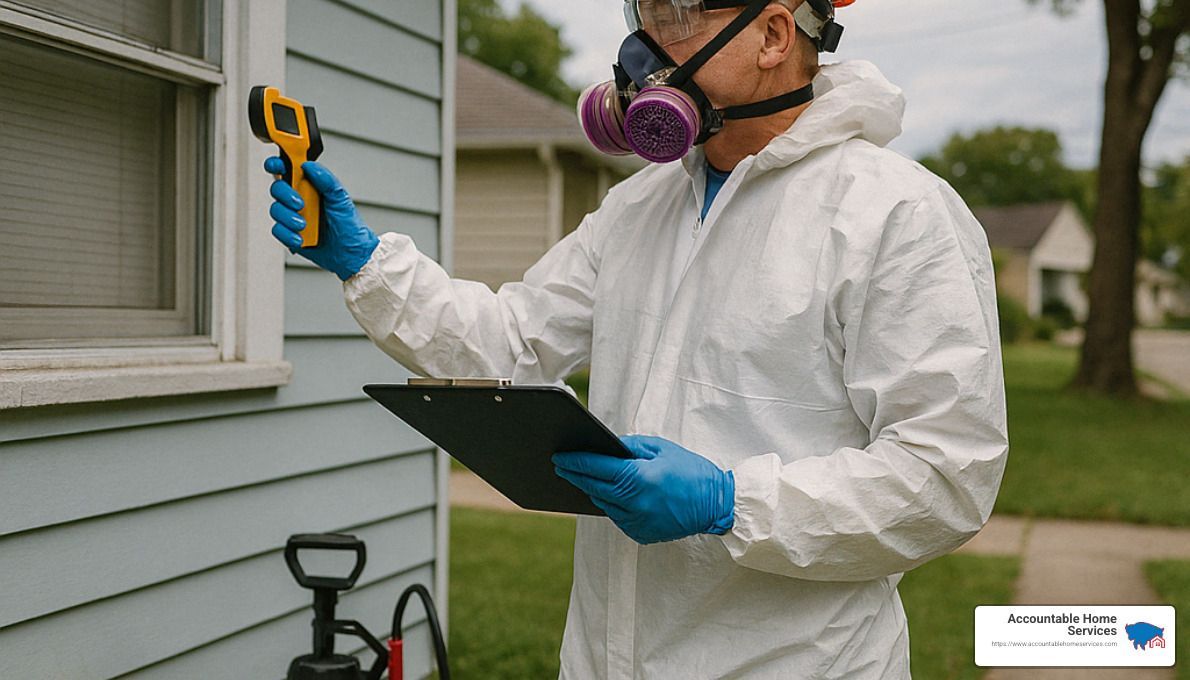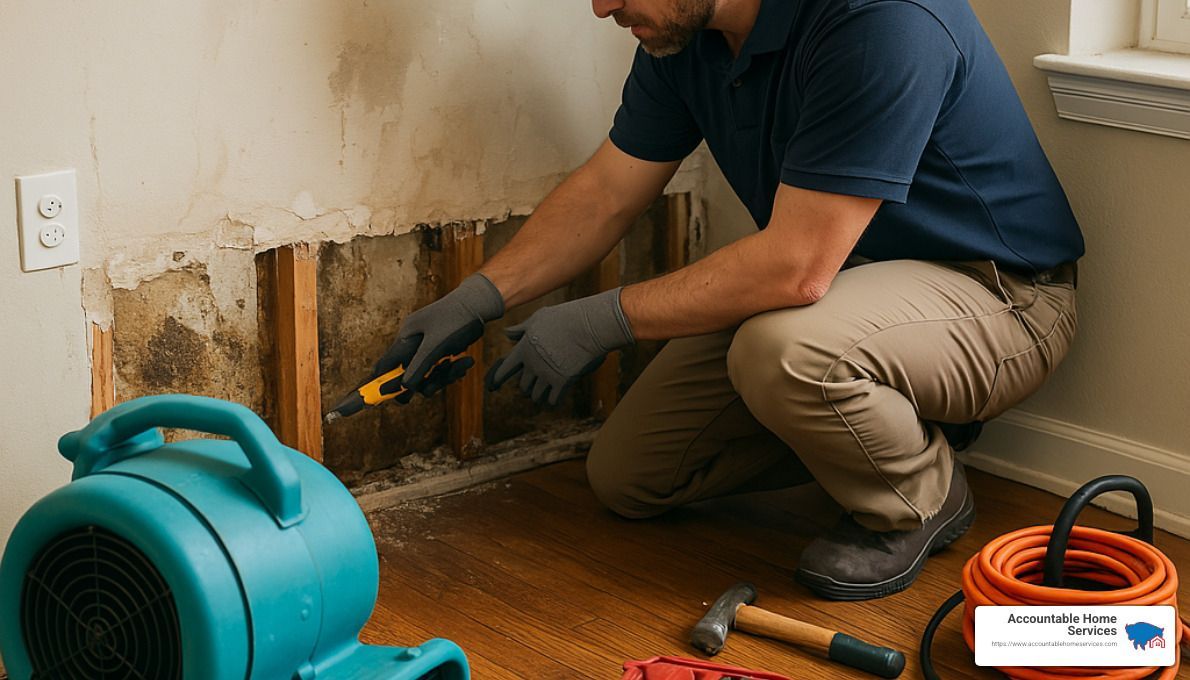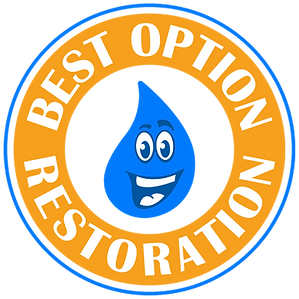Blog
Avoid Costly Repairs with These Water Damage Inspection Must-Dos!
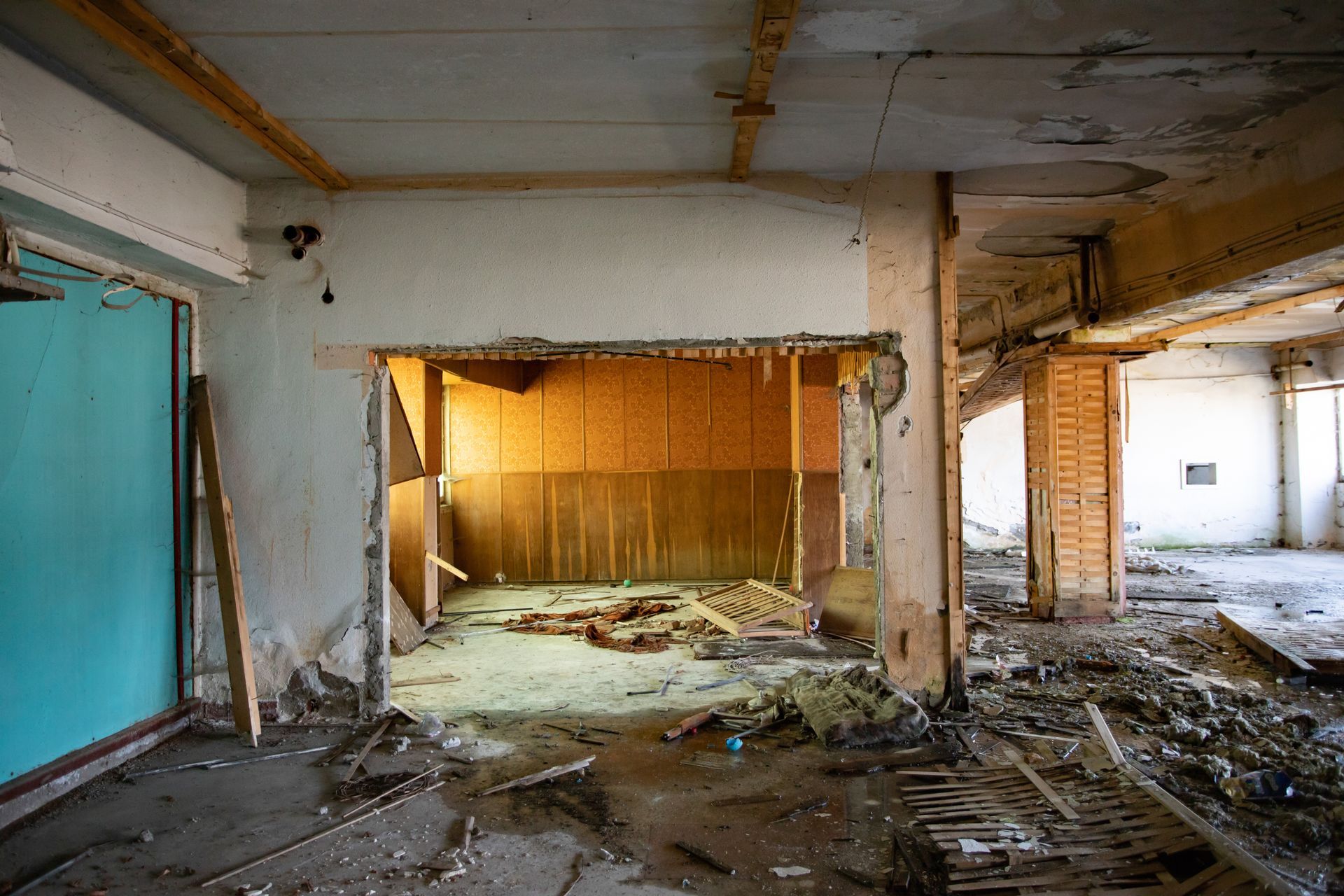
Water damage is one of the most common and costly issues homeowners face. The good news is that regular water damage inspections can help you catch problems early, saving you thousands of dollars in repairs.
Whether you live in Denver, Colorado, or elsewhere, understanding how to spot the warning signs of water damage is essential for protecting your home and maintaining its value. In this article, we’ll explore key inspection tips and preventative measures to help you stay ahead of potential water damage.
Start with a Visual Inspection
A visual inspection is the first step in detecting water damage. Check your home’s interior and exterior for obvious signs of moisture, discoloration, or structural changes. Look for water stains on walls and ceilings, peeling paint, and warped flooring—all of which could indicate hidden leaks.
In a city like Denver, where snowmelt and seasonal rains can lead to leaks and flooding, regular visual checks are crucial. Pay close attention to basements and attics, as these areas are more prone to water damage due to poor ventilation or drainage.
Check High-Risk Areas
Certain parts of your home are more susceptible to water damage. Inspect around windows, doors, and rooflines for any signs of leaks or water intrusion. Additionally, ensure your gutters and downspouts are clear to prevent water from pooling near your foundation.
Examine Your Plumbing System
Your plumbing system is a common source of water damage. Conduct regular checks on your pipes, faucets, and water heaters for leaks or corrosion. Even a small leak can escalate into a major issue if left unaddressed.
Denver residents often face water pressure fluctuations, which can strain pipes and increase the risk of leaks. Be proactive by addressing plumbing issues as soon as they arise and insulating exposed pipes to prevent freezing during the winter months.
Look for Hidden Leaks
Hidden leaks can cause significant damage over time. Monitor your water bill for unusual increases, which could signal a hidden leak. Use a moisture meter to detect damp areas behind walls or under floors, especially in rooms with plumbing fixtures.
Inspect for Mold and Mildew
Mold and mildew thrive in damp environments and are often a telltale sign of water damage. Check for musty odors and visible growth in areas like bathrooms, kitchens, and basements. Mold not only damages your home but also poses health risks, making early detection essential.
In Denver’s high-altitude environment, temperature fluctuations can contribute to condensation, creating the perfect conditions for mold growth. Regular inspections and dehumidifiers can help keep mold at bay.
Prevent Mold with Proper Ventilation
Ensure your home is well-ventilated, particularly in areas prone to moisture. Use exhaust fans in bathrooms and kitchens to reduce humidity levels, and keep windows open when weather permits to allow fresh air circulation.
Don’t Forget the Exterior
Your home’s exterior is your first line of defense against water damage. Inspect your roof for missing or damaged shingles, which can allow water to seep into your home. Also, check your siding for cracks or gaps and ensure the grading around your home slopes away from the foundation.
Denver’s snowy winters can lead to ice dams, which trap water on your roof and cause leaks. Installing heat cables and ensuring proper roof insulation can help prevent this issue.
Monitor Drainage Systems
Ensure your drainage systems are functioning properly. Clogged or damaged gutters can cause water to overflow and pool near your foundation, leading to cracks and basement flooding. Clean gutters regularly and consider installing gutter guards for added protection.
Use Technology to Detect Water Damage
Technology can make water damage inspections more efficient. Install water sensors near appliances like washing machines, dishwashers, and water heaters to detect leaks early. Smart home systems can even send alerts to your phone, helping you address issues before they escalate.
In a tech-savvy city like Denver, incorporating smart home solutions into your water damage prevention strategy is a practical and effective choice.
Schedule Professional Inspections
While DIY inspections are helpful, professional inspections provide a more thorough evaluation of your home. Experts have the tools and experience needed to identify hidden issues and recommend long-term solutions.
How Can Accountable Home Services Help You?
At Accountable Home Services, we specialize in comprehensive water damage inspection services to help you protect your home and avoid costly repairs. Based in Denver, Colorado, our team understands the unique challenges posed by the local climate and offers tailored solutions to meet your needs. From identifying hidden leaks to preventing mold growth, we ensure your home stays safe and sound.
Visit us at
1347 E 73rd Ave, Denver, CO 80229, or
call720-620-3272 to schedule an inspection today. Let Accountable Home Services provide the expertise and peace of mind you need to safeguard your home from water damage.

